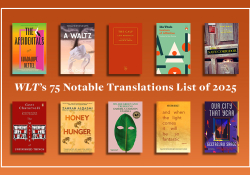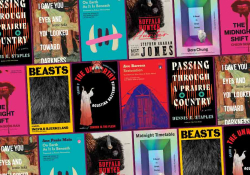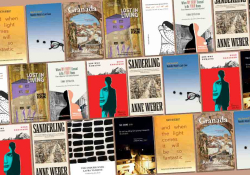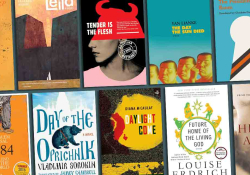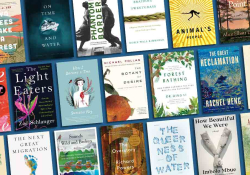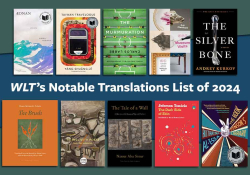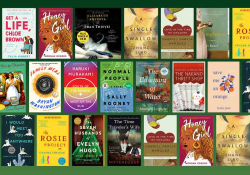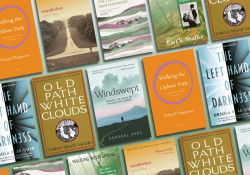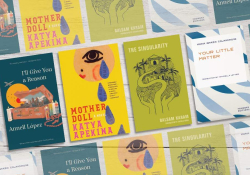Five New Books (All by Women Authors) to Read over the Summer
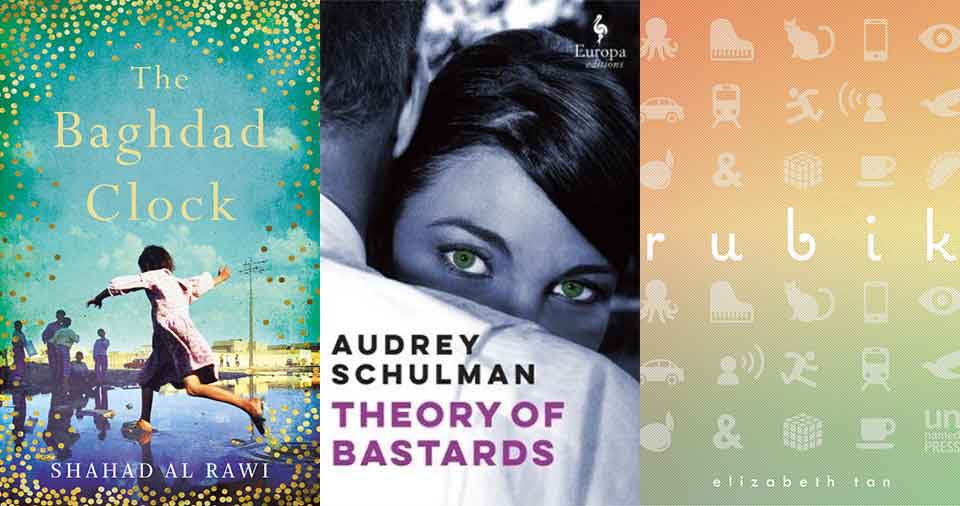
On the Effects of Technological Advancement
 Theory of Bastards
Theory of Bastards
by Audrey Schulman
(Europa, April)
Dr. Francine Burk, who is currently recovering from an illness, is offered a position at a prestigious research institute to prove her Theory of Bastards, a theory that has earth-shattering implications. This novel is a blend of science fiction and dystopia and explores the consequences of unimpeded technological advancement.
 Rubik
Rubik
by Elizabeth Tan
(The Unnamed Press, April)
This novel begins with the story of Elena Rubik’s sudden death, explores the lingering electronic footprint she leaves behind, and goes on to probe the lives of other members of this society—a piano teacher, a voice-over artist, a model. These narratives fit together to form a cohesive, satirical comment on society, technology, and capitalism.
 MEM
MEM
by Bethany C. Morrow
(The Unnamed Press, May)
Although this novel takes place in 1925, it reimagines a world with one key difference—the existence of a procedure developed to extract human memories and place these into creatures called Mems, who store traumatic human memories and replay them over and over until they expire. The exception is a Mem called Elsie, or Dolores Extract No. 1, who can create her own memories. This novel explores what it means to be a human through the effects of memories and trauma.
On Self-Discovery
 Sexographies
Sexographies
by Gabriela Wiener
Trans. Lucy Adcock & Lucy Greaves
(Restless Books, May)
This is a first-person account of the author’s experience infiltrating a dangerous Peruvian prison, participating in swingers clubs, traveling through Paris with prostitutes, and going through a harrowing egg-donation process. Chock-full of robust human experiences, the heroine of this essay collection explores a diverse set of themes like immigration, maternity, fear of death, ugliness, and sexuality with an engaging forthrightness.
On the Effects of War
 The Baghdad Clock
The Baghdad Clock
by Shahad Al Rawi
Trans. Luke Leafgren
(Oneworld, May)
This story takes place in 1991 Baghdad in the center of the first Gulf War. During an air raid, a young Iraqi girl meets another girl, Nadia, as they are hiding in a shelter. They become fast friends, but as they grow up in a war-torn town, they feel the harsh effects of international sanctions. Watching as friends flee the country, they are forced to face the new reality that is their lives.

